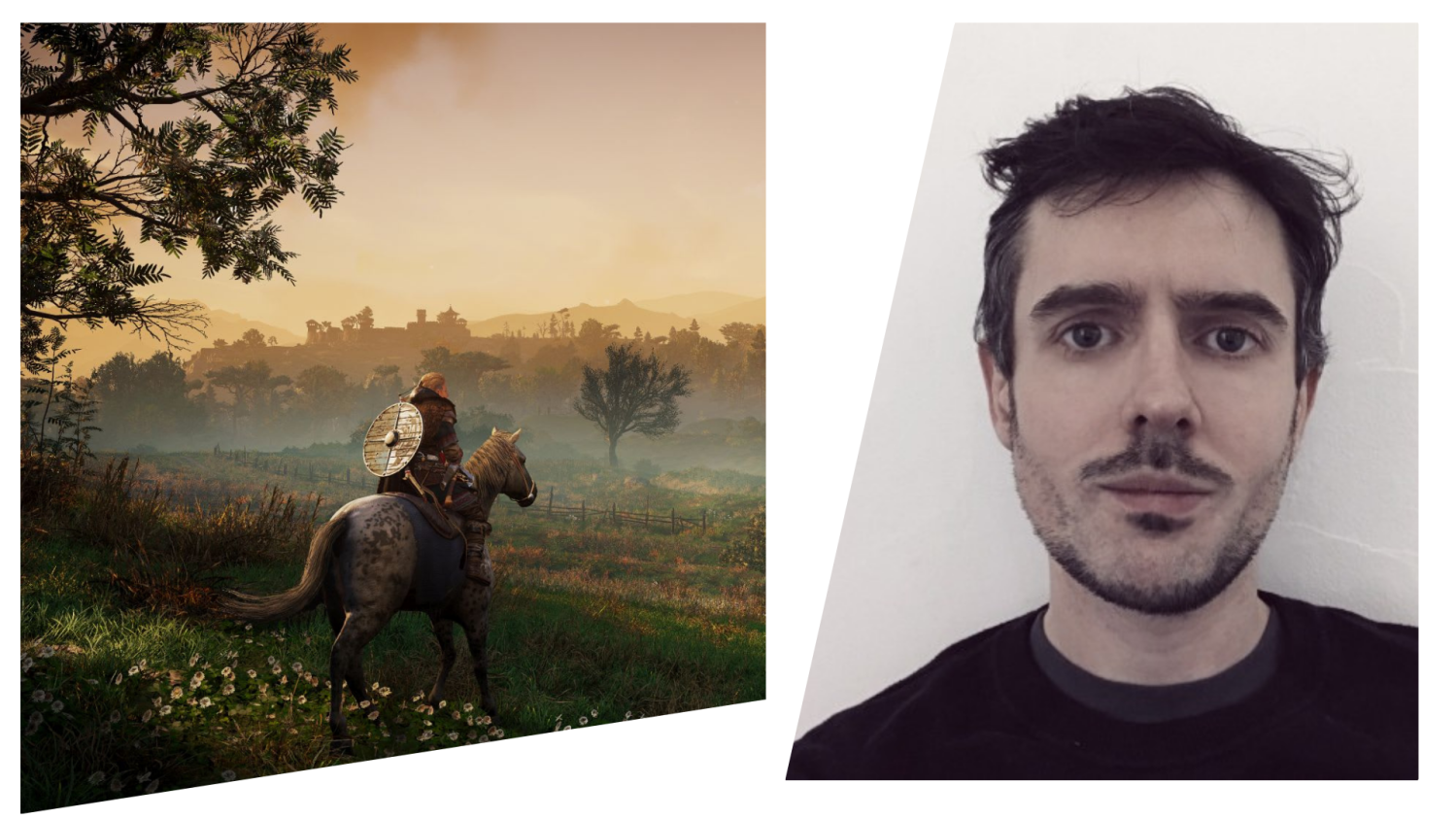 Assassin's Creed Wrath Of The Druids Ubisoft Credits
Assassin's Creed Wrath Of The Druids Ubisoft Credits
Franck Labat, Lead Level Designer at Ubisoft
Frank Labat graduated from the Master in Interactive and Game Experience Design - Cnam-Enjmin / GOBELINS Paris in 2013. He started his career at Asobo Studio before joining Ubisoft as Lead Level Designer. He worked on the latest version of Assassins Creed.
Have you always been passionate about video games ?
I began playing around four years old, with Super Mario. It was the first game I’d ever played in my life and it was love at first sight. I talk about this game when I give lectures, what the game managed to accomplish for its time is fascinating. It was the first game where we could see a vast blue sky. Early videogames were often set in caves, it was kind of sad.
And today I’m lucky enough to be able to work on the latest version of Assassin’s Creed, one of Ubisoft’s historical franchises. This game fascinated me when it released because of its immense open world in ancient cities.
What is your career path ?
My career began as a programmer but it wasn’t really my thing so I shifted towards UX design in aeronautics. That first job in design gave me a good foundation of knowledge about design thinking and the ability to create user-centered experiences, and quickly after that I wanted to work for entertainment.
I chose the Interactive Digital experiences designer Specialized Master because it was a springboard. It was the occasion to work on videogame projects in a professionalizing setting and to benefit, within a single course, from the association of two renowned schools (L’ENJMIN and Gobelins).
I was able to work at Asobo Studio right after I got my videogame diploma at Gobelins, which allowed me to work on amazing productions.
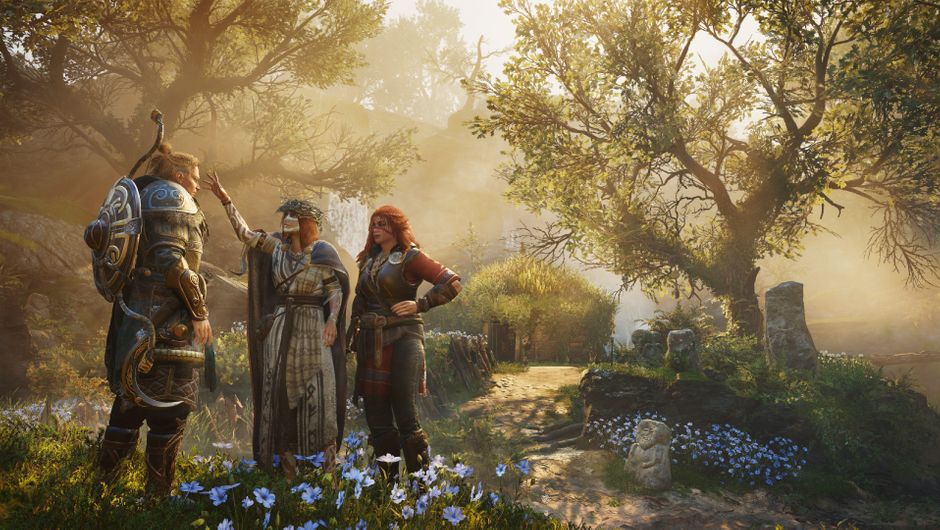
Assassin Creed Wrath Of The Druids, Ubisoft Credits
You are now Associate Lead Quest and Level Design, what is your job ?
I manage a team of level designers. The level designer is a bit like an architect whose main objective is to make the environments he creates playful. It's also comparable to a theme park designer; who has to create an environment using game mechanics to ensure the experience is as fun and engaging as it can be.
As a manager, my role is to create a work environment which allows level designers to express their creativity and work on the game in the best possible conditions. I make sure that teams work well together. Level design is at the core of the game’s execution so you’ve got to communicate a lot with the other teams (artists, programming, production…) to ensure that we all reach our objective together.
I can also have a review role, I’ll talk to a designer about his work and offer a different approach, as a designer myself, it’s easier for me to take a step back and help if they’re stuck on something. I still perform designer tasks myself to participate and keep myself informed and up to date.
What do you like about your job ?
What I love more than anything is the creativity it allows. I really like the design aspect of my job as well, turn ideas into something concrete, and the human aspect that comes along with my role as a manager. I do my best so that everyone can feel comfortable working together every day. I try to make it so that my team can evolve in a healthy environment in which people feel involved, acknowledged. It makes me happy to see people grow more confident and smile more.
It’s something I really want to defend in the videogame industry, if the people making the games aren’t having at least some fun, how can the game be fun? They have to be able to feel like little kids playing with Legos, they’ve got to have that passion and drive for it to reach the player. My big line is “The player is our boss”. They’re the ones who decide our fate in the end so we have to do our best to create something nice and fun for them.
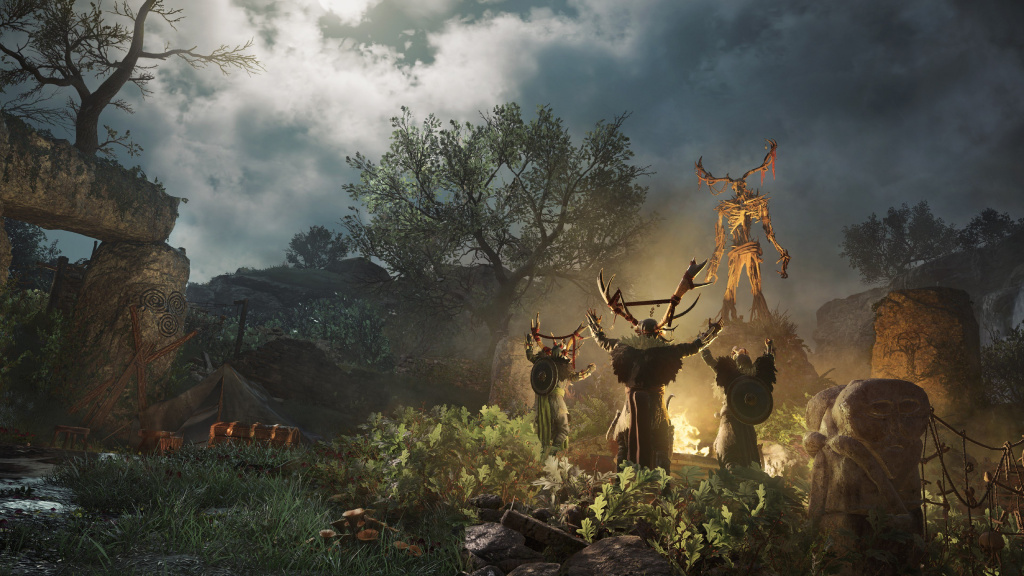
Assassin Creed Wrath Of The Druids Ubisoft Credits
What advice would you give to succeed in video games today ?
The first bit of advice I can give is to spend a lot of time working on a videogame portfolio and to build it according to your desired job. The school project is also very important, it’s like a business card companies can see, and you have a demo to show recruiters so they can get a concrete idea of what you can do. You can offer them to test the game; it puts the candidate in a favorable position.
Your CV is also important, it has to be clear and readable. It isn’t necessary to make a CV that’s too creative in the videogame industry. There is a huge screening of resumes so it is important for recruiters to have access to information quickly and easily.
What are your future projects? How do you imagine the future ?
I have no long term objective for now. I already work as a teacher part time on top of my work at Ubisoft, it’s a way to diversify my activities. I give lectures at Gobelins, ENJMIN and LISAA. It’s something that I love to do because it allows me to transfer some of my knowledge while learning from the students, who are essentially young professionals. It keeps me up to date, when you work in a large studio like Ubisoft, you’re going to have a very specific role, so it’s important to have windows to the outside world.
I’m also considering freelancing, particularly in consulting since I’m starting to have expertise when it comes to open world games. I’m studying the possibility of helping younger studios with creating these types of games. In the long run, I’m aiming for a creative director position. A creative director works a bit like a movie director, they’re the one who’ll set the creative frame and bring their vision to the game.
What if you were a video game character ?
I once would have wanted to be Ryo Hazuki from Shenmue (a mythical game on SEGA’s no less mythical Dreamcast console). He’s a very humble and human character searching for answers and who bears the values of martial art in his heart (not to attack, but to be able to defend oneself.)
 1
1
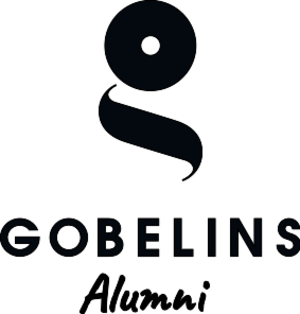







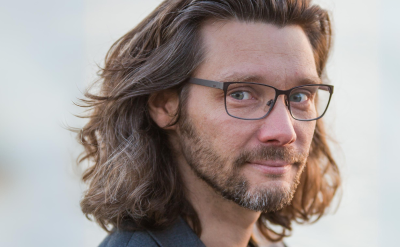
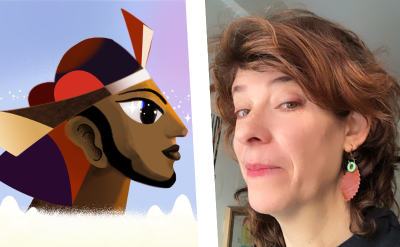
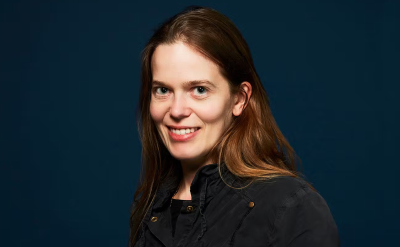

No comment
Log in to post comment. Log in.